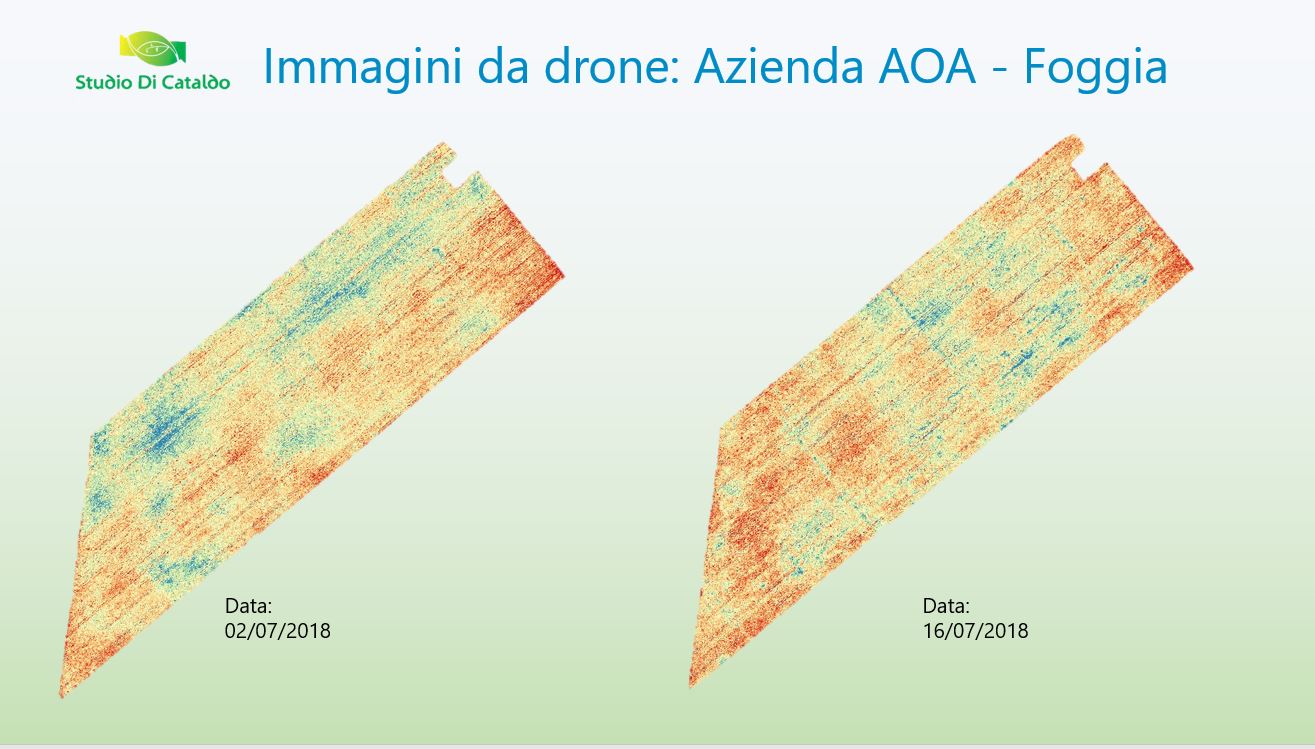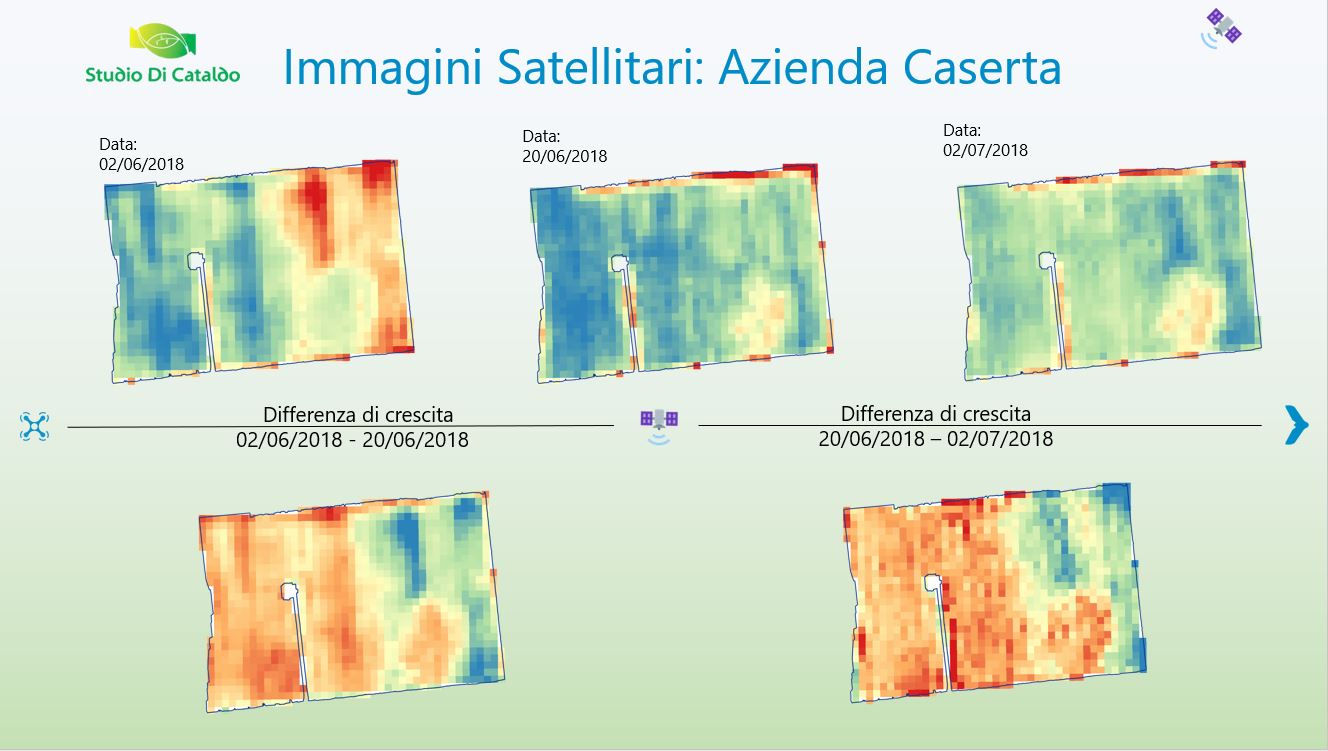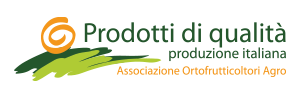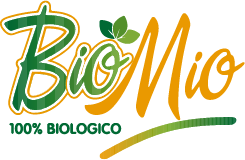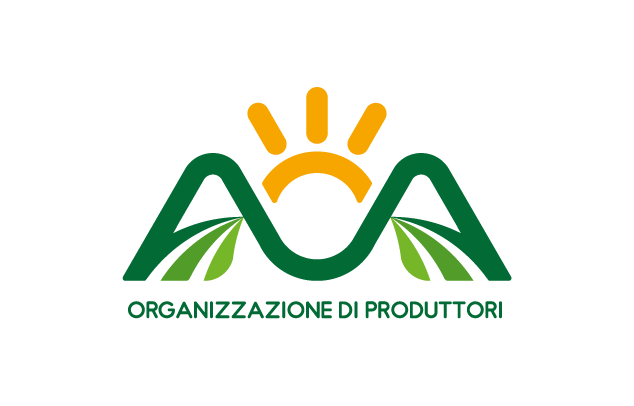AOA Save
The A.O.A. Producers’ Organisation is aware that climate change is having a negative impact on the vegetative and production cycle of plants. In this ever-changing context, farmers are called upon to make strategic and operational decisions that pursue the economic, environmental and social sustainability of their farm. For this reason, the A.O.A. Producers’ Organisation has launched the project “AOA SAVE – Agricoltura che innova” (“AOA SAVE – Agriculture that innovates”), to help its members make the right decisions, combining greater respect for the environment with a reduction in labour and production costs.
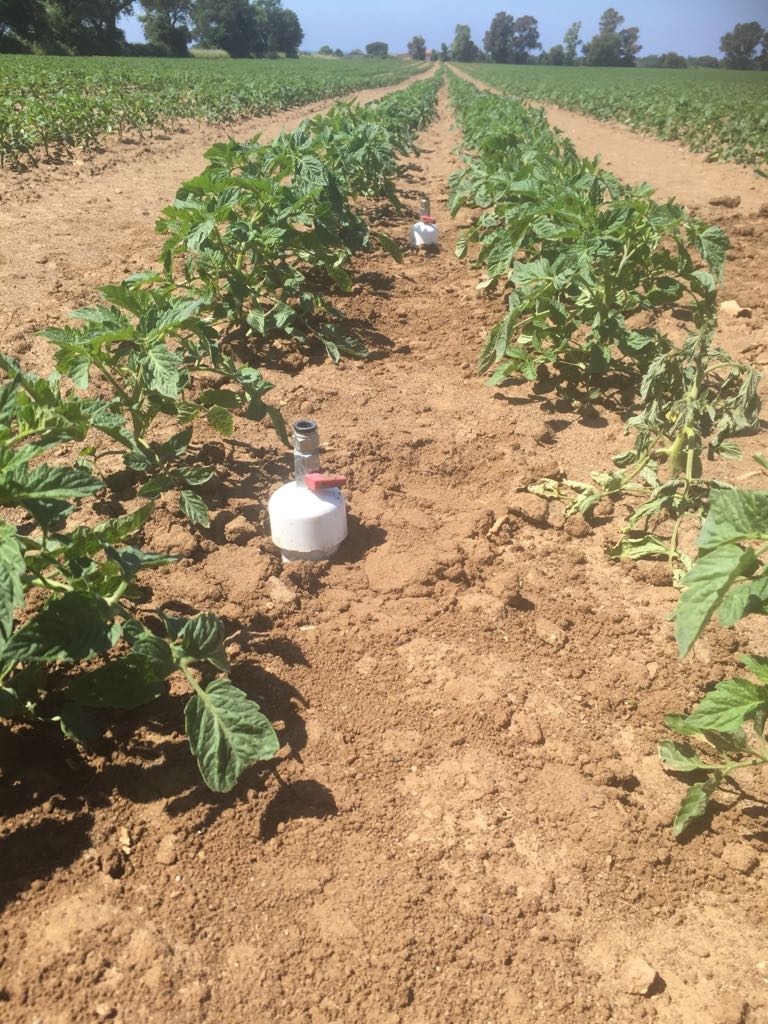
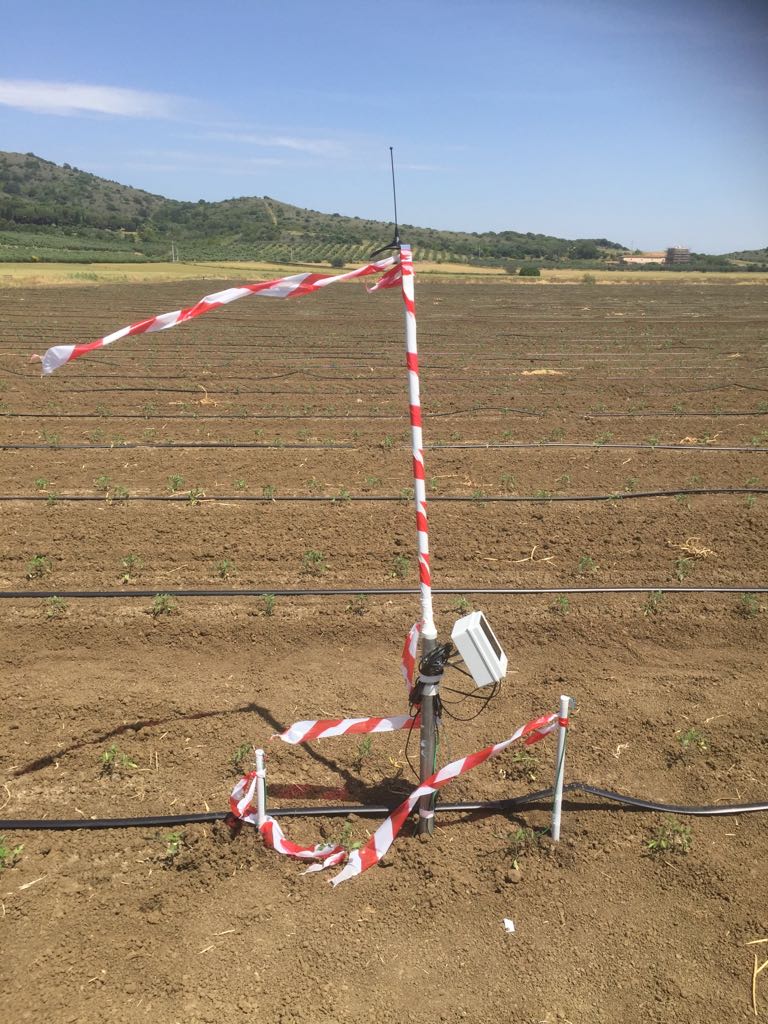
Precision farming
Through the creation of a unitary data collection system, through monitoring activities with proximal and remote sensors, we will aim to reduce water consumption and energy inputs, optimising production. The analysis of the collected data will allow, in fact, the making of strategic and operational decisions consistent with an agronomic management site specific to the crops through the use of the dictates of precision agriculture. The data collection can be done through different sensors both placed near the crops and transported by aerial platforms
Proximal sensors
In some pilot farms we have positioned “basic weather” and “hydraulic potential” nodes to detect air temperature and humidity, atmospheric pressure, rainfall, leaf wetting, wind direction and solar radiation, as well as electrical conductivity, humidity and soil temperature. This constitutes an elementary sensor network for the study of time variability that sends raw data to a server where it is processed and made available through an integrated computer platform.

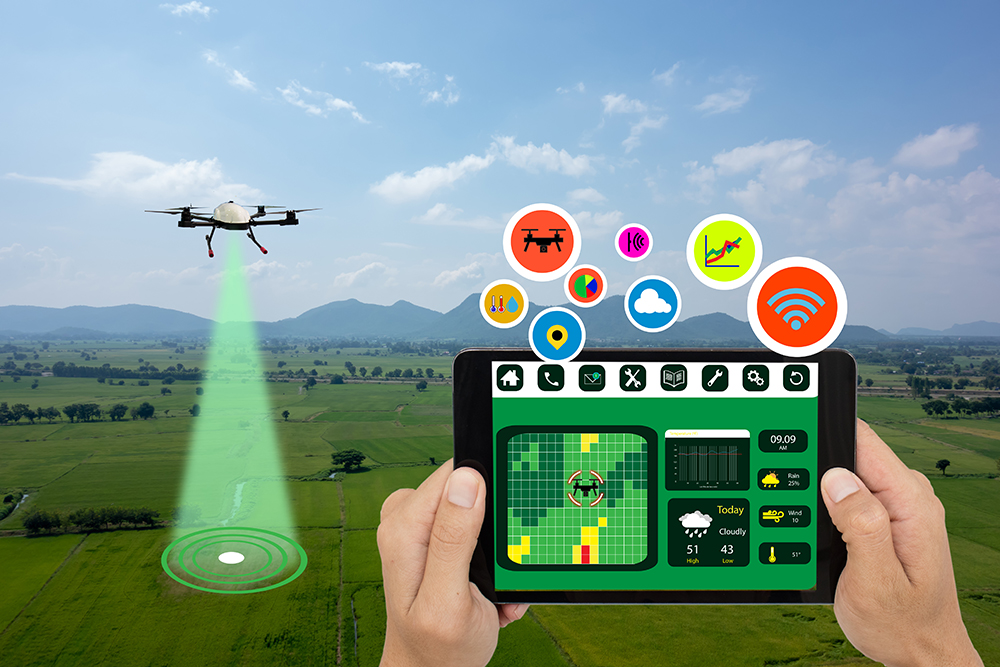
Remote Sensors
Thanks to the use of drones equipped with multi-spectral chambers, measurements are made on the vegetative indices useful for estimating the vegetative vigour and photosynthetic activity of the crops. The information collected with diversified data acquisition systems allows the point-source study of the crops in place allowing the use of appropriate sustainable agronomic techniques. The integration of digital maps describing the spatial variability of crops and the climatic parameters of the production site will guide the farm to a better management of water resources and fertilisation with positive repercussions on the economic balance of the farm and on the surrounding environment. Campania makes a public contribution equal to 50% of the costs incurred for the implementation of the actions included in the Operational Programme.
